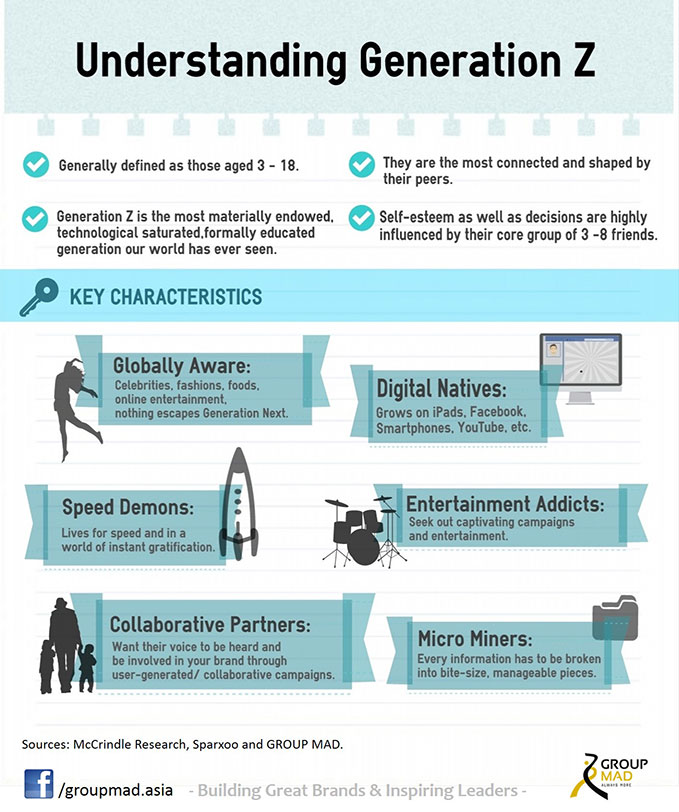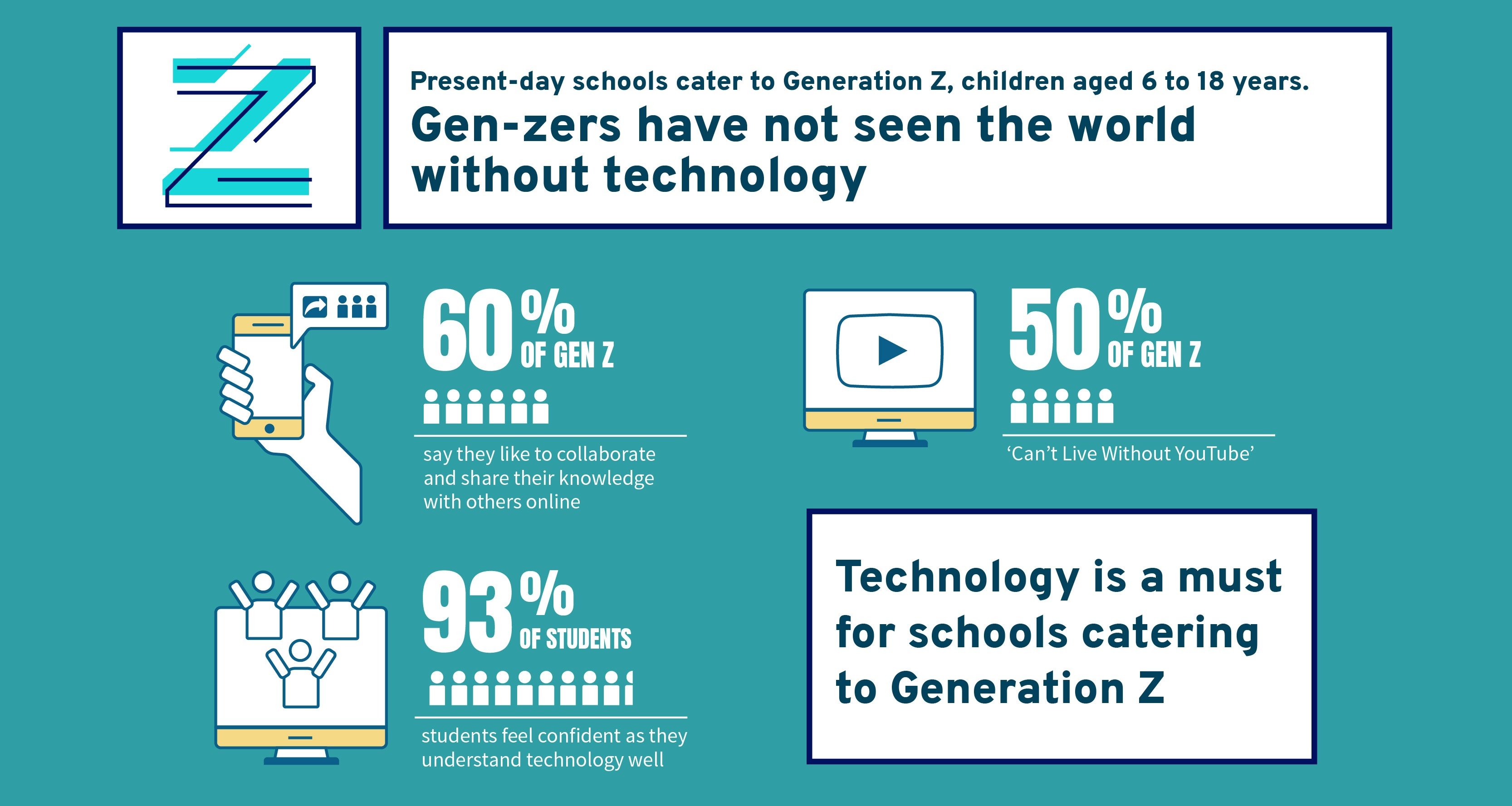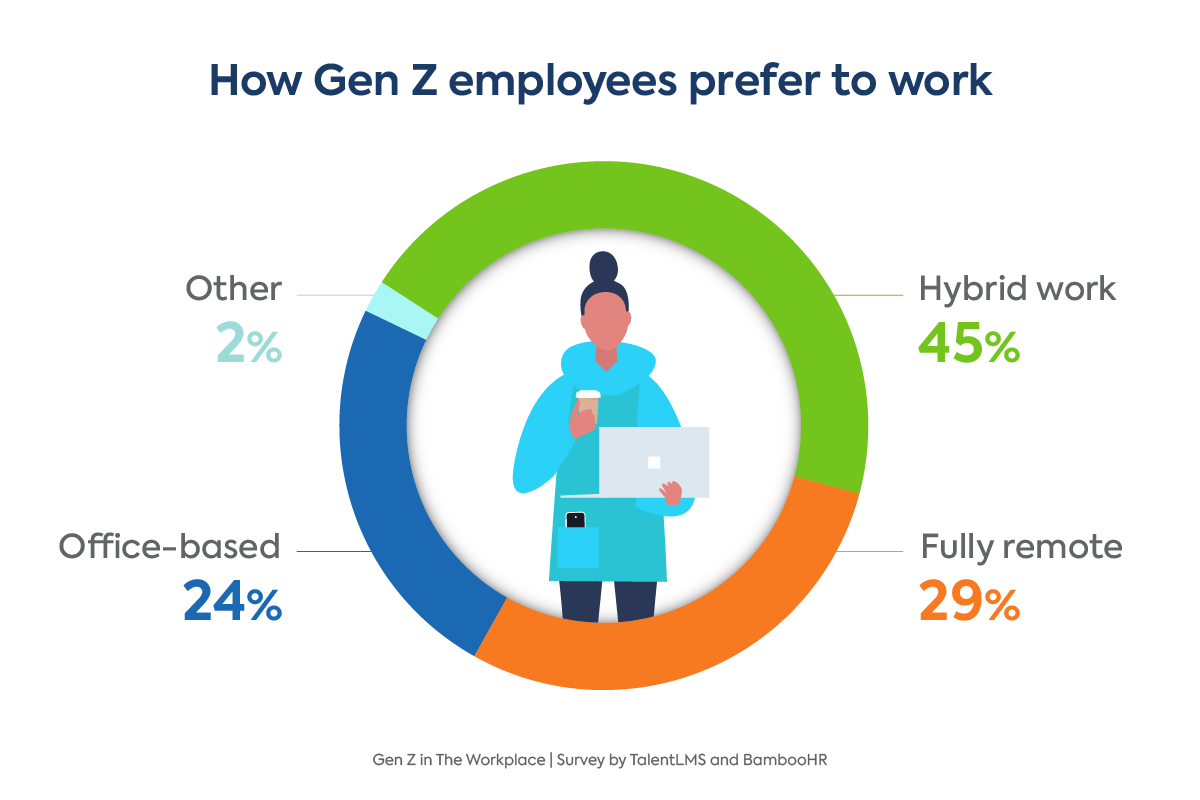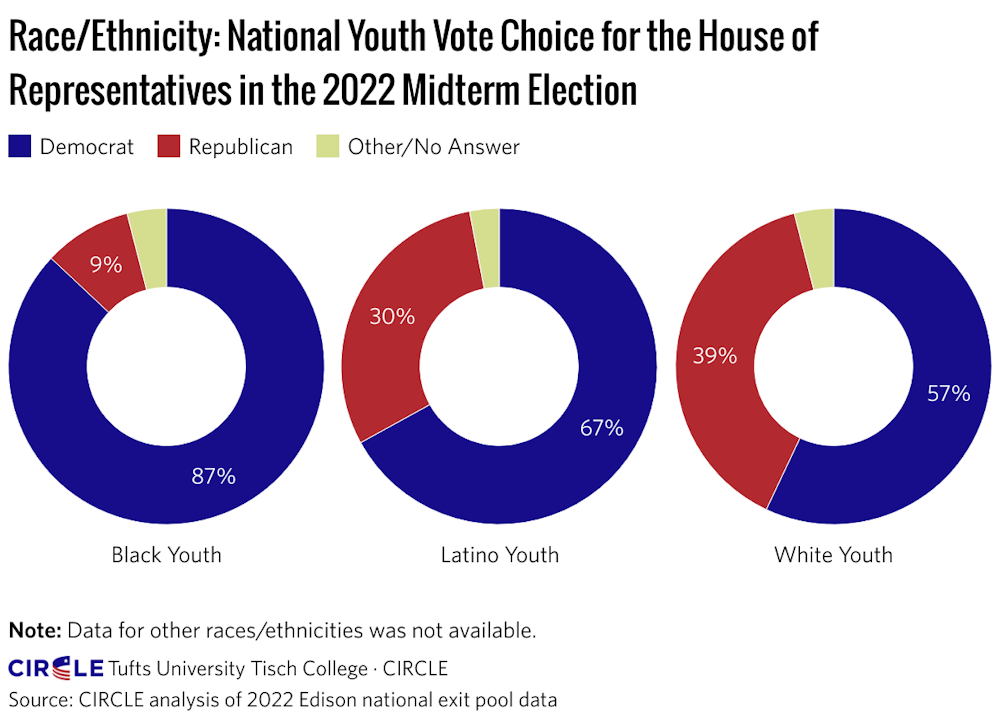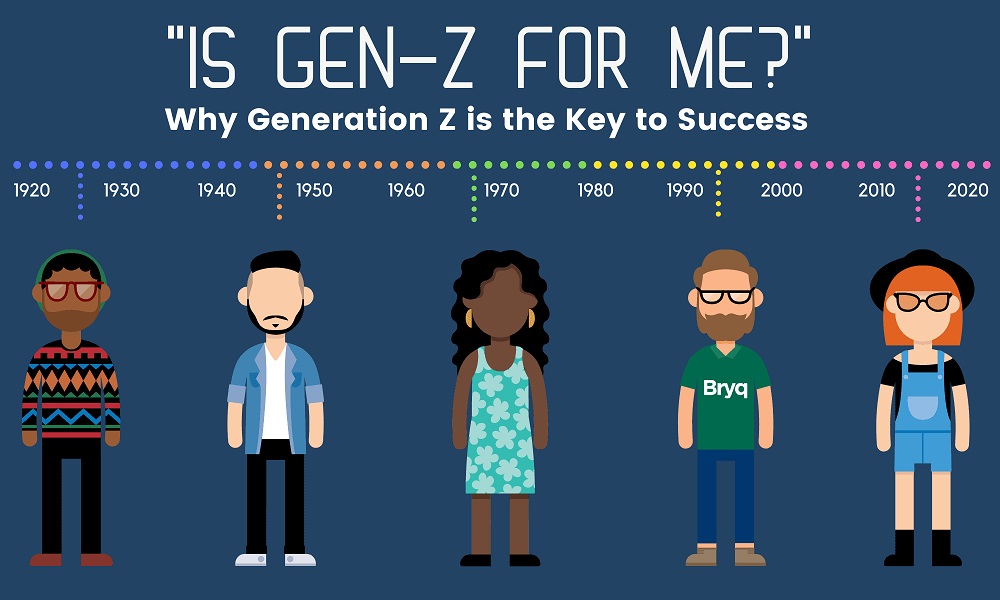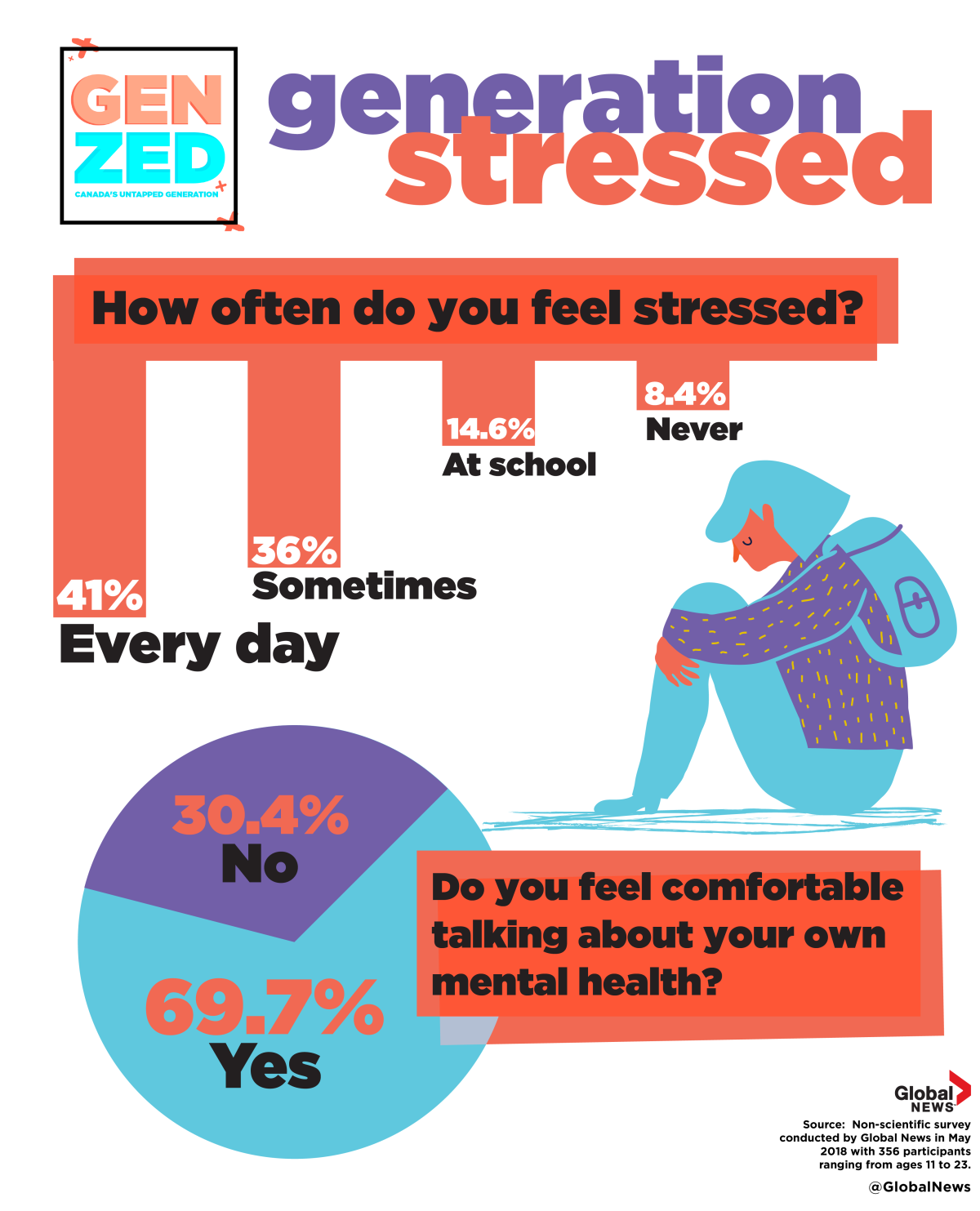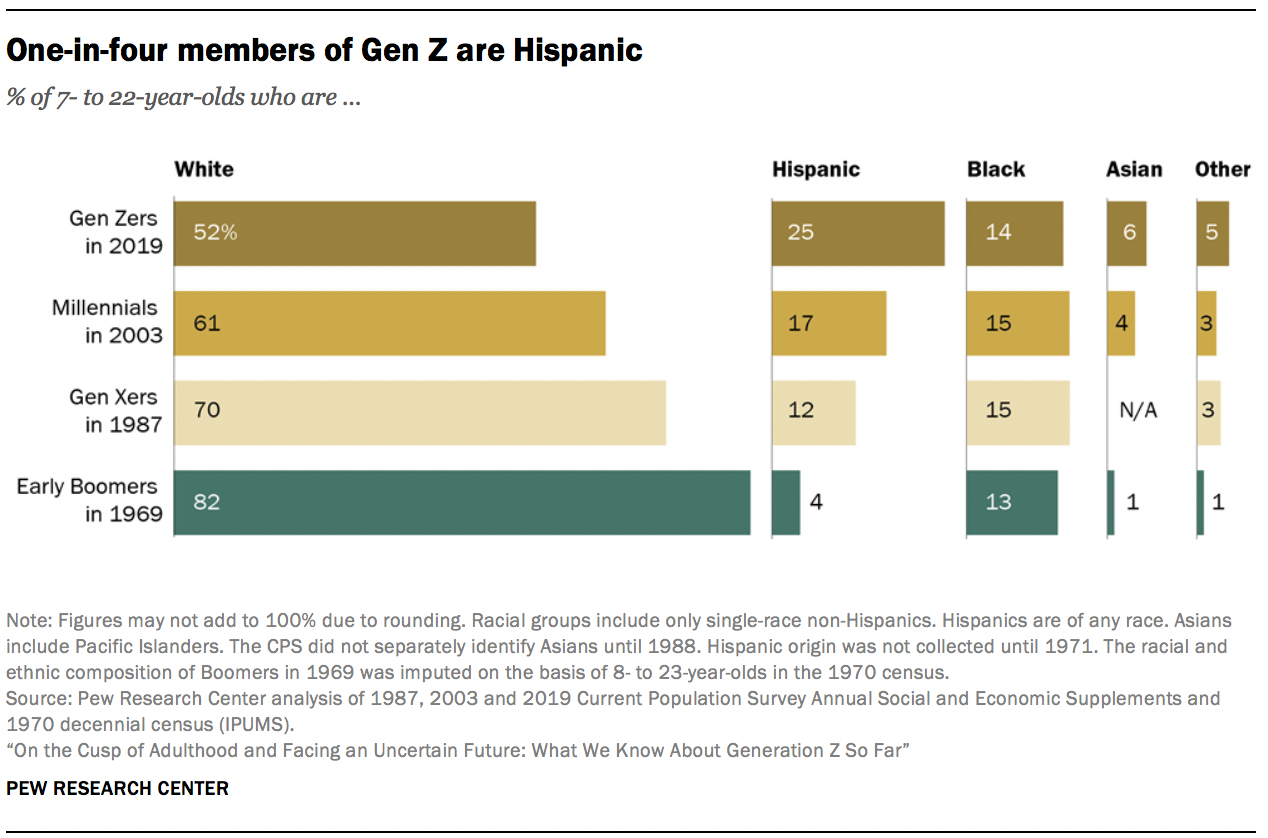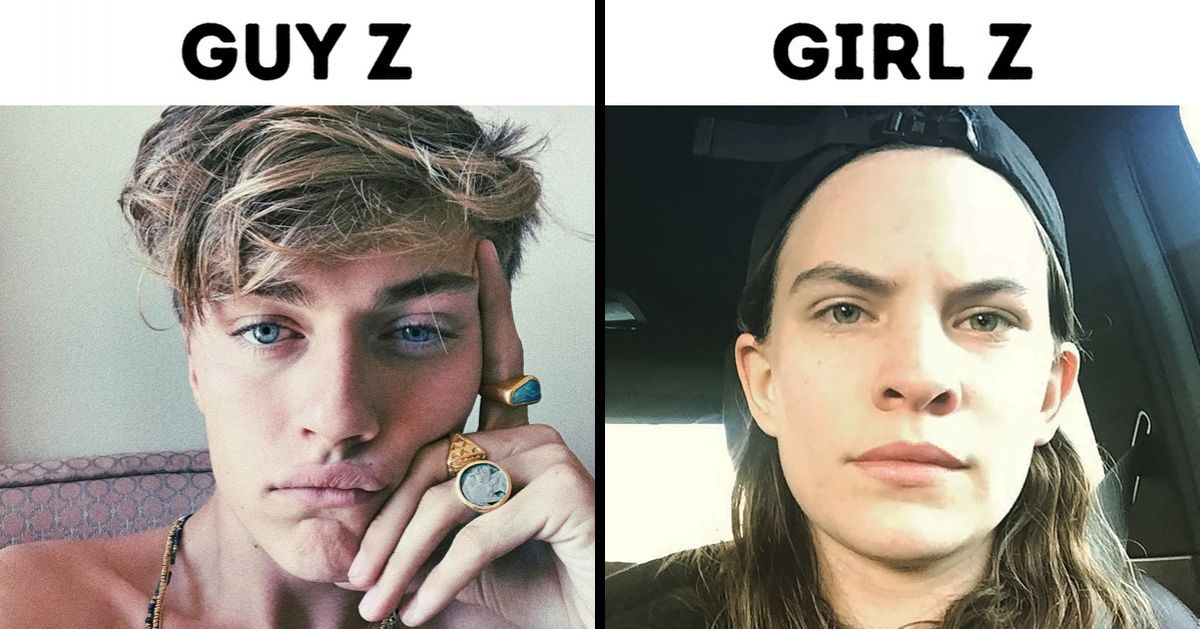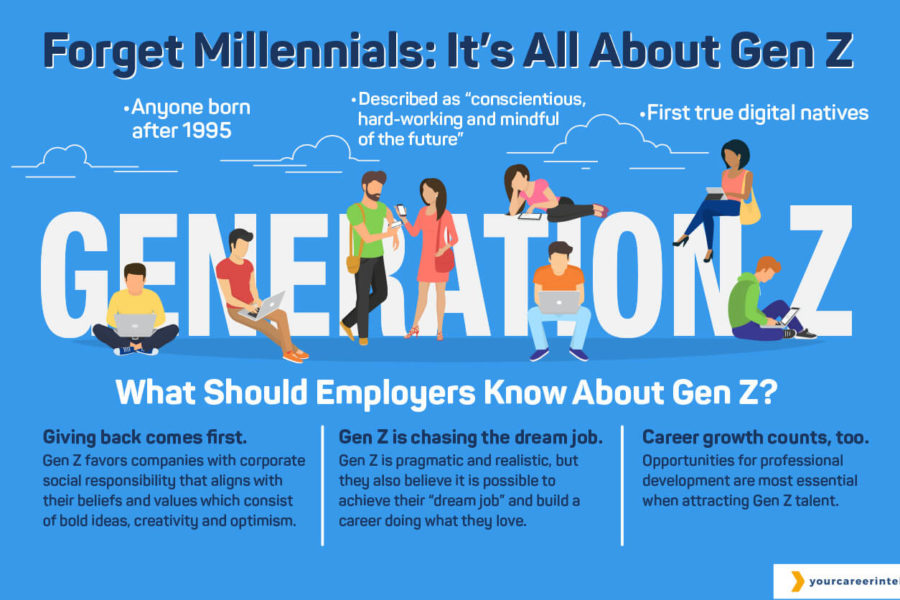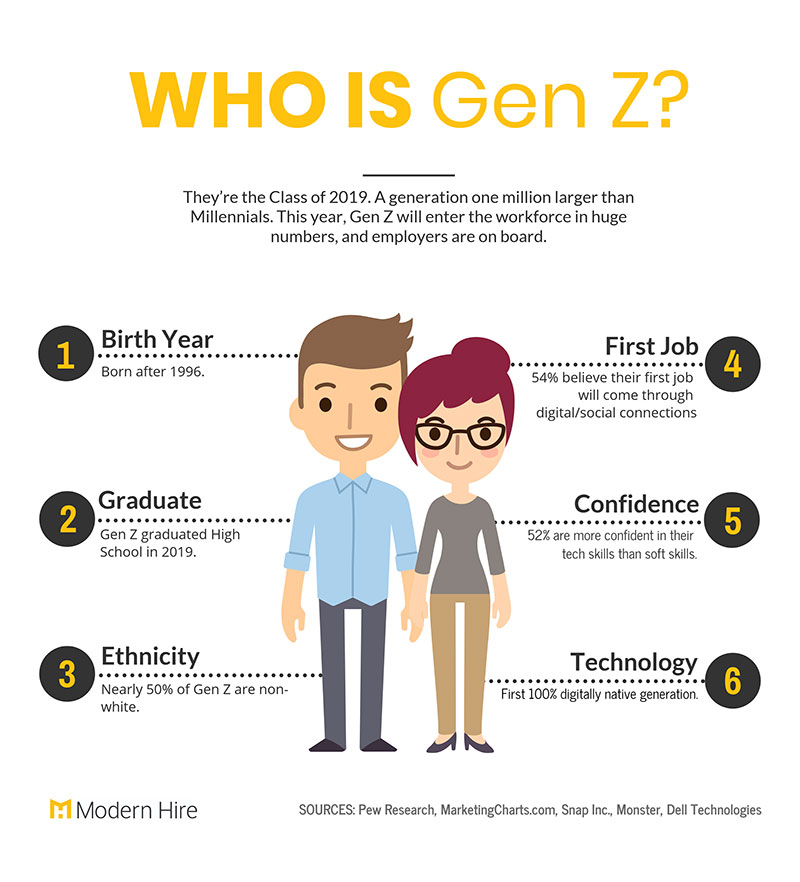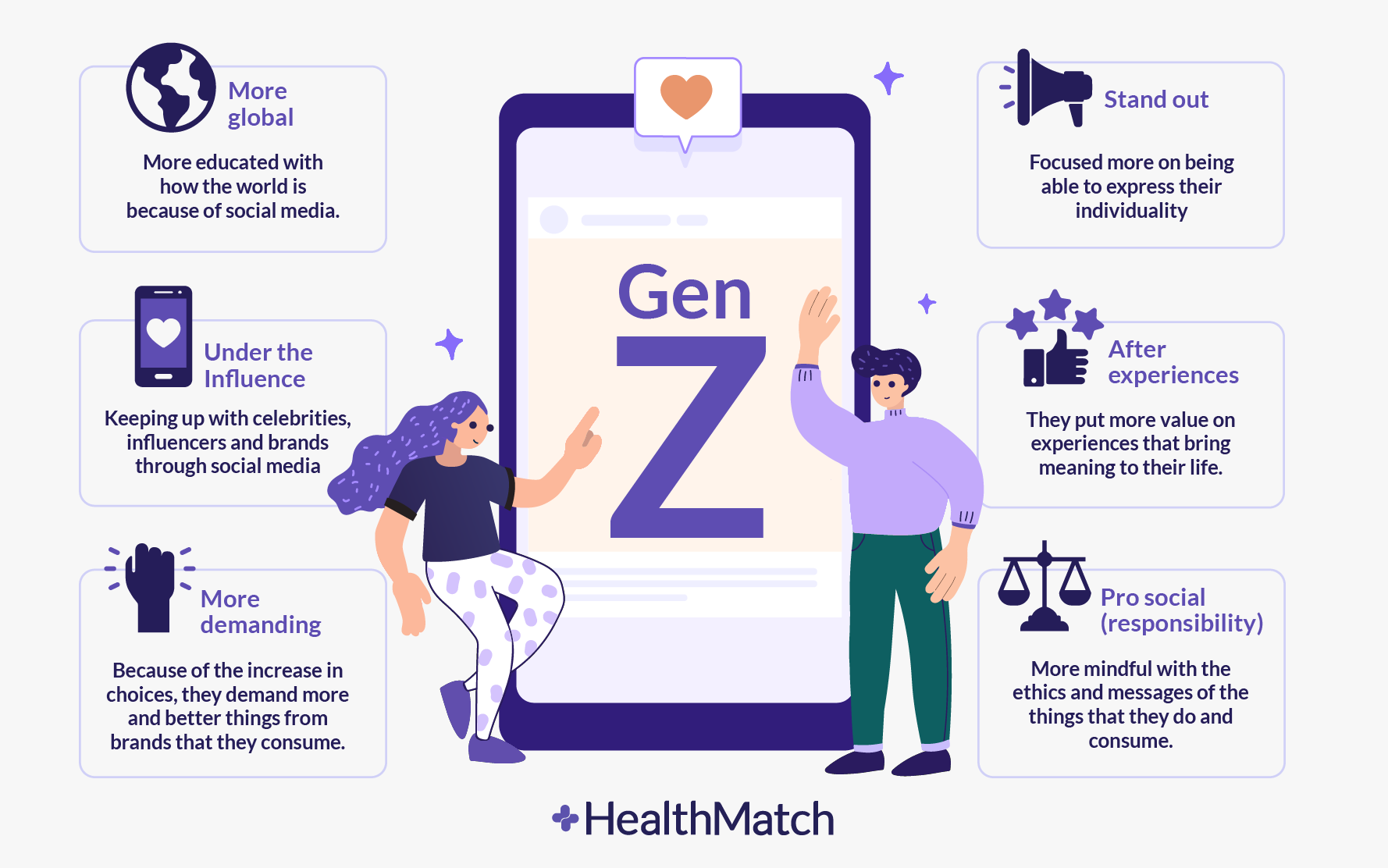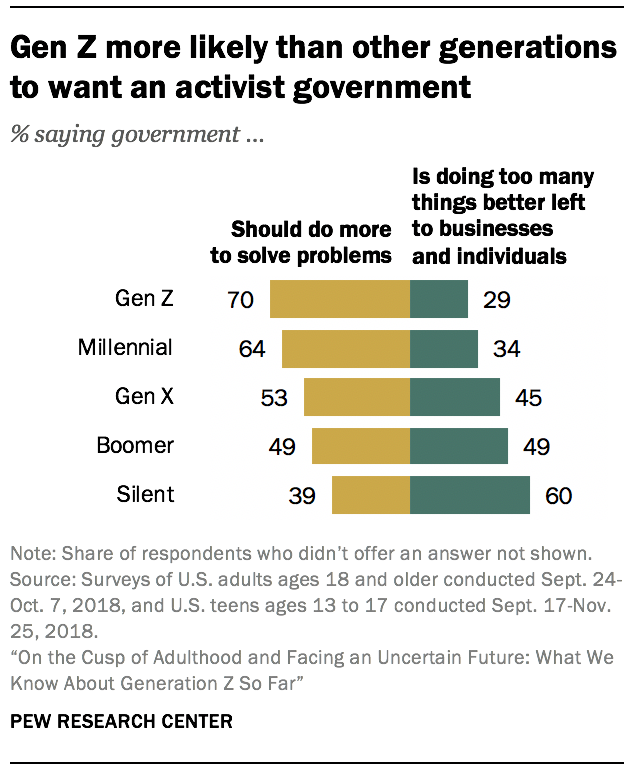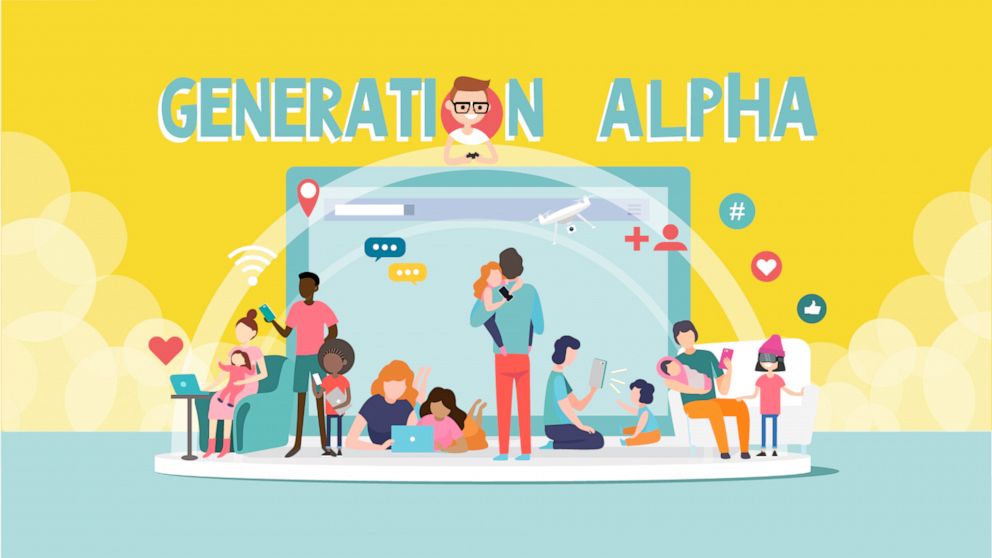Supreme Info About Why Does Gen Z Quit Essex Mens Hairstyles
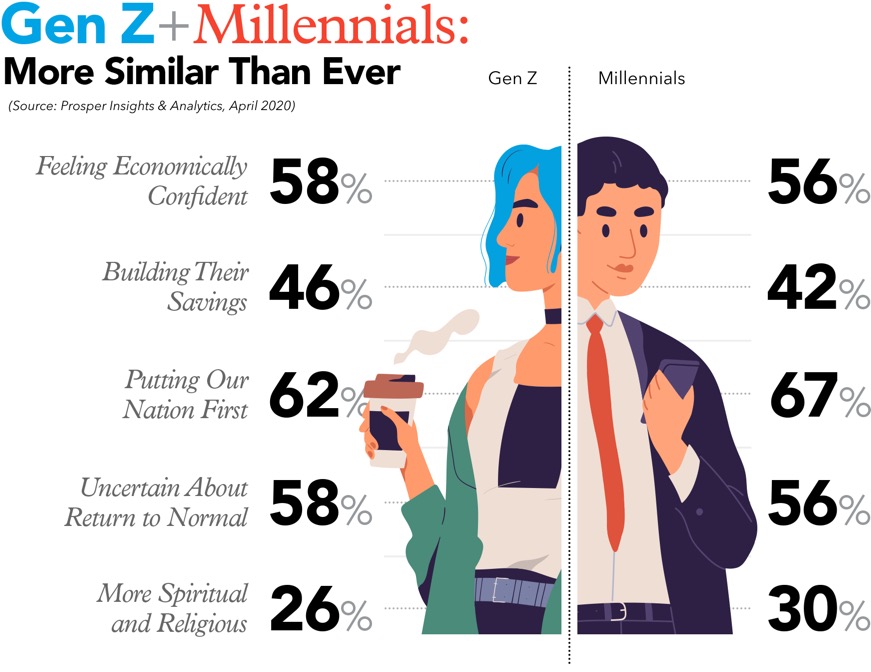
For the most part, it doesn't even involve getting taken off the company's payroll.
Why does gen z quit. It’s a tiktok term that’s gone mainstream, mainly to describe gen z workers. A recent study sampling 35,000 workers across 34 markets, found that almost two in four gen z individuals would prefer. There are new signs that the great resignation.
You’ll need to work hard to hang onto them—designing great work experiences. Employees are still quitting in droves, and gen z is leading the wave, according to research by linkedin. Glazer noted that he’s seen an increase in.
But they’ll keep their best to themselves, unless our workplaces give them flexibility, resilience, and trust. When looking at two job descriptions that are similar with the same pay, younger generations often choose to.
They are the cohort most likely to quit if they’re. Gen zers are more likely to switch jobs during the great resignation's hot jobs market than other generations — and they're landing big pay increases. A survey from linkedin found the vast majority, 87%, of gen z professionals would be prepared to quit their jobs to work elsewhere if the values of the new company.
Why are gen zs and millennials leaving jobs then? Have you heard of “quiet quitting”? After discovering that nearly half of america’s workforce is job searching or keeping an eye out for new opportunities, researchers from gallup concluded that.
It means doing your job but no more:. Reporting rates among gen z were increasing fastest; The social media giant surveyed 2,000 adults in the.
Try “quiet quitting,” or quitting the idea of going above and beyond at work, as tiktoker @zkchillin put in his viral video that’s racked up more than 3 million views. Gen z doesn’t “quiet quit” because they’re lazy. However, gen z is also generally known for its idealism—they’re part of a new wave of “inclusive consumers” and socially progressive dreamers.
This week, we’re talking about how the end of the great resignation could change the calculus for gen z at work. In 2021, 47% of gen z said they were burnt out, compared to 53% of millennials. Gen z workers in particular are posting videos of online calls in which they resign or are made redundant on social media sites such as tiktok as they wage a campaign of workplace transparency.
